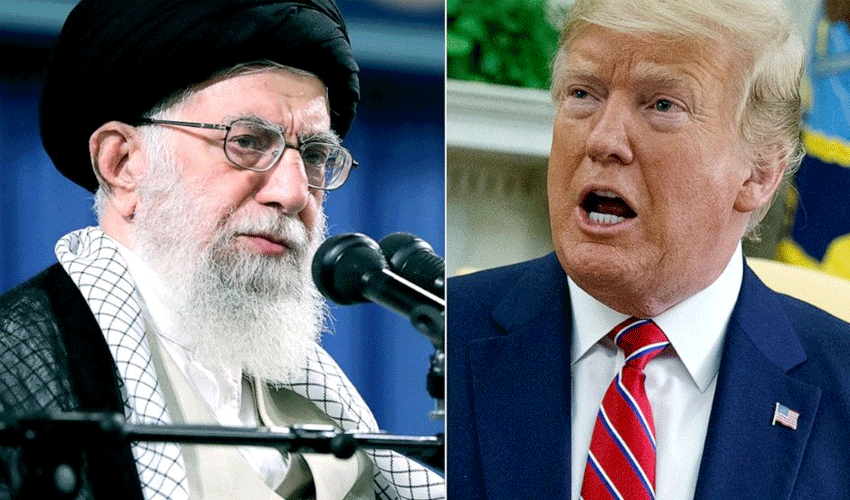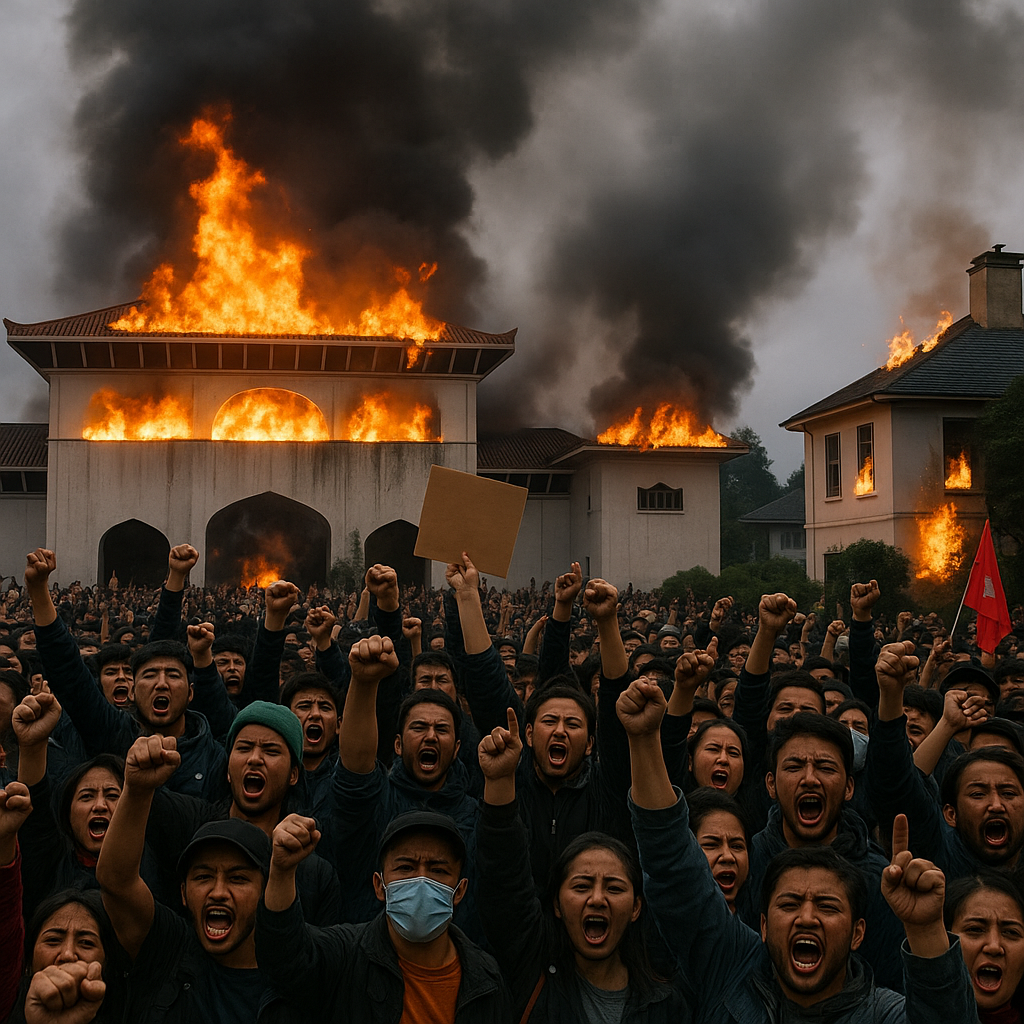Muhammad Atta Ullah Khan

The United States and Iran resumed direct nuclear talks on April 12, 2025, marking the first engagement in years aimed at reviving a deal over Iran’s nuclear program. Former President Donald Trump had unilaterally exited the Joint Comprehensive Plan of Action (JCPOA) in 2018 and reimposed economic sanctions, which significantly strained U.S.-Iran relations. Trump has now warned of military action if the renewed talks fail. While the first round ended inconclusively, both parties agreed to continue discussions — a cautiously optimistic outcome.
Why a Nuclear Iran Is a Global Concern
Iran maintains that its nuclear program serves purely civilian purposes, including energy, medicine, and agriculture. However, many countries, along with the International Atomic Energy Agency (IAEA), remain unconvinced. Tensions escalated after the discovery of Iran’s undisclosed nuclear facilities in 2002 — a violation of the Nuclear Non-Proliferation Treaty (NPT), which Iran has signed. Under the NPT, member states are prohibited from developing nuclear weapons while permitted to use nuclear technology for peaceful purposes.
Shortly after resuming office for a second term, President Trump expressed readiness for direct dialogue, provided Iran ceased issuing threats. Iran welcomed the offer but demanded an end to aggressive rhetoric if genuine negotiations were to proceed.
Since the U.S. withdrawal from the JCPOA, American officials allege that Iran has breached key terms of the agreement. U.S. and regional allies, including Israel, claim that Iran has installed thousands of advanced centrifuges to enrich uranium — a direct violation of JCPOA limits. While nuclear weapons require uranium enriched to 90% purity, the JCPOA allowed Iran to possess only 300 kg of uranium enriched to 3.67%. In March 2025, the IAEA reported that Iran now holds around 275 kg of uranium enriched to 60% purity — theoretically enough to produce several nuclear weapons if enrichment continues.
U.S. intelligence estimates suggest Iran could produce enough weapons-grade uranium for a bomb in as little as one week, though actual weaponization could take 12 to 18 months.
Israeli Concerns
Israel continues to assert that Iran is secretly pursuing nuclear weaponization and warns that sanctions relief would allow Iran to expand its military capabilities. Prime Minister Netanyahu, alarmed by Trump’s willingness to reopen negotiations, insists that the only acceptable outcome is the complete dismantling of Iran’s nuclear infrastructure. He advocates for military action, stating, “We go in, blow up the facilities, and dismantle all equipment under American supervision.”
Israel, which has not signed the NPT and is widely believed to possess nuclear weapons, sees a nuclear-armed Iran — which refuses to recognize Israel’s right to exist — as a direct existential threat. Netanyahu fears that Trump might accept a watered-down deal, presenting it as a diplomatic win while allowing Iran to retain significant capabilities.
Could the U.S. and Israel Strike Iran?
Both the U.S. and Israel possess the capability to strike Iran’s nuclear sites, but such an operation would be complex, high-risk, and fraught with regional consequences. Many of Iran’s nuclear facilities are deeply buried and would require bunker-busting munitions — which only the U.S. is known to possess. Iran would likely retaliate against U.S. assets and Israeli targets, possibly triggering a broader regional war. Moreover, the use of regional U.S. bases, such as those in Qatar, may be politically constrained due to fears of Iranian retaliation.
Implications for Pakistan
As a nuclear-armed neighbor of Iran, Pakistan has long advocated for peaceful resolutions to regional conflicts. The prospect of military conflict between the U.S., Israel, and Iran could have dire implications for regional stability — especially given the public outrage in Pakistan over Israel’s actions in Gaza. A peaceful resolution through dialogue would offer much-needed relief not only for the Middle East but also for Pakistan, which cannot afford another conflict on its western border.
If the nuclear talks fail and military strikes occur — a scenario openly floated by both Trump and Netanyahu — Iran will undoubtedly respond, potentially escalating the situation into a broader conflict. This would place Pakistan in an extremely difficult position. Domestically, public opinion would demand a stance against Israel, while the U.S. may pressure Pakistan to oppose Iran. This geopolitical tug-of-war would be further complicated by the divided positions of Arab allies, some of whom may expect Pakistan to take sides — any ambiguity could result in diplomatic and economic fallout.
Moreover, an escalation could destabilize Pakistan’s western border, providing opportunities for hostile elements, including India, to exploit unrest in Balochistan and Azad Jammu & Kashmir. Internally, the political opposition in Pakistan may use this turmoil to intensify pressure on the government, potentially deepening polarization and weakening the economy.
The Way Forward
Pakistan must not wait passively for the outcome of U.S.-Iran talks. Proactive diplomacy is essential. Islamabad should engage regional and global stakeholders — including Iran, Arab allies, China, Russia, the EU, and the U.S. — to push for an inclusive, negotiated solution to both the nuclear issue and related regional conflicts, especially the situation in Gaza. Ignoring the Palestinian question in any broader deal risks undermining regional peace efforts and could derail any progress on Iran’s nuclear issue. Only a comprehensive, multilateral approach can prevent further escalation and preserve stability in Pakistan and the region.
The author is former Joint Director General, Intelligence Bureau, Government of Pakistan
Dated: April 13, 2025



